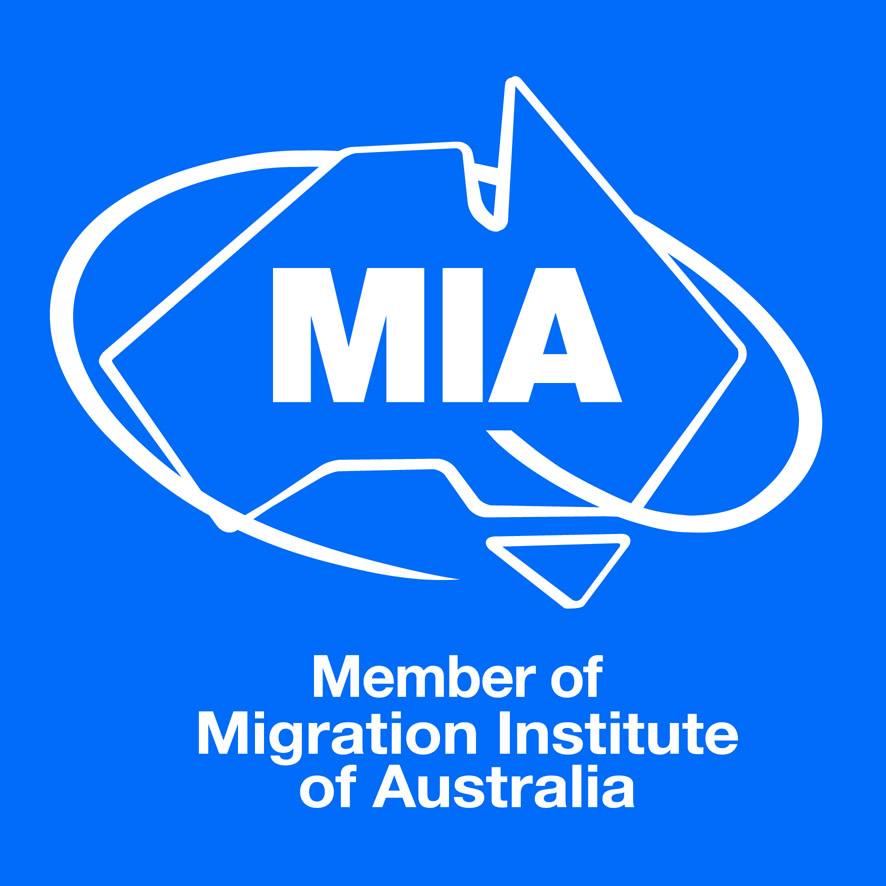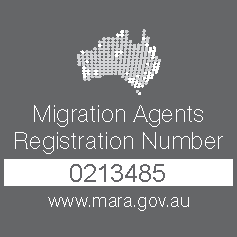The Pacific Australia Labour Mobility (PALM) Scheme was introduced in April 2022, and is the product of merging the Pacific Labour Scheme (PLS) and the Seasonal Worker Programme (SWP). This initiative not only assists Australian businesses in addressing local labour shortages by recruiting workers from nine Pacific Islands and Timor-Leste, but it also offers significant employment opportunities and skill development for workers from these regions.
Who is it for?
The PALM Scheme was designed to benefit two parties.
- Australian businesses suffering due to labour shortages: The PALM Scheme enables Australian employers to fill semi-skilled, low-skilled and unskilled positions by hiring workers for short-term roles for up to nine months or long-term roles for one to four years.
- Pacific Islanders and Timor-Leste citizens looking for employment and opportunities to upskill: The PALM Scheme enables Pacific Island and Timor-Leste citizens to work in Australia, develop their skills and send income home. The PALM Scheme is offered to citizens of the following countries:
- Fiji
- Kiribati
- Nauru
- Papua New Guinea
- Samoa
- Solomon Islands
- Tonga
- Tuvalu
- Vanuatu
- Timor-Leste
The future of the PALM Scheme
The PALM Scheme has proved to be an important temporary migration program addressing labour shortages across rural and regional Australia and in the agriculture industry nationally. Since its inception, its popularity has continued to grow with the number of participants increasing from 24,500 in May 2022 to 38,180 in April 2023. The federal government had originally committed to reaching 35,000 PALM workers by June 2023 but achieved this figure six months ahead of schedule in December 2022.
While many questions have been raised as to the future and longevity of the Pacific Australia Labour Mobility Scheme, in May this year, the Australian Government announced further expansion and improvement of the PALM Scheme. The intention is to strengthen the program, so it continues to benefit employers and workers and their families and communities. They hope to achieve this by:
- Strengthening the Australian Government’s oversight of the PALM Scheme to enhance conditions and better protect and support workers and improve their experience in Australia.
- Responsibly growing the PALM Scheme and better supporting employers and participating countries by:
- Providing additional resources to Department of Employment and Workplace Relations (DEWR) to increase the PALM Scheme’s regional footprint to better support PALM Scheme employers, including small growers.
- Increasing resources including personnel for participating countries to increase the number of workers taking up job opportunities in Australia. This will ensure countries with aspirations to grow their participation in the scheme can do so.
- Supporting more than 1,000 PALM Scheme workers to attain formal qualifications over four years.
- Increasing support to make it easier for PALM Scheme workers to access superannuation savings when they return home.
- Providing access to Medicare for an initial 200 families who will participate in the PALM Scheme family accompaniment pilot.
Can You Get Permanent Residence if You Are in Australia on the PALM Scheme?
While the PALM Scheme is a temporary migration program, the Australian Government is attempting to support and improve the PALM Scheme by offering those in Australia on the PALM Scheme a pathway to PR via the Pacific Engagement Visa (PEV).
The PEV is a new permanent visa that will complement the PALM Scheme by offering permanent residence to citizens from countries across the Pacific and Timor-Leste. There will be an annual allocation of up to 3,000 permanent visas made available through a ballot process to Pacific Island and Timor-Leste nationals, inclusive of partners and dependent children.
PALM Scheme participants currently in Australia on temporary visas will be eligible to enter the Pacific Engagement Visa ballot once registrations open, which according to the DFAT could be as soon as 2024.
What are the obligations of employers in the PALM Scheme
To be eligible for the PALM Scheme, employers must meet certain obligations:
- Worker wellbeing
Employers must ensure workers are supported throughout their time in Australia. - Recruitment processes and labour market testing
Employers are required to undergo a series of eligibility checks to ensure they are reputable, financially sound, and operationally able to fulfil the requirements of the scheme. - Employment conditions
Employers must provide minimum hours and rates of pay. - Arrival and departure briefings
Employers are required to provide arrival and departure briefings for workers. - Accommodation and transport
Employers are responsible for providing accommodation and transport. - Pay parity
Approved employers are now required to pay PALM workers in line with other similarly skilled and experienced workers at the same workplace. - Visa costs
PALM Scheme employers are responsible for paying the upfront cost of workers’ visas and submitting visa applications on behalf of workers.
If you are an employer wishing to participate in the PALM Scheme you will need to become an approved Temporary Activities Sponsor and demonstrate that you are a legitimate, financially stable business that is committed to worker welfare. If you would like assistance with this, please contact our experienced team of registered migration agents at Visa Solutions Australia.
Interested in the PALM scheme?
Whether you’re an employer looking to become an approved sponsor or a Pacific islander or Timor Leste citizen looking to join this promising program, the team at Visa Solutions can help! Our experienced team of registered migration agents will provide you with guidance and assistance throughout the application process and answer any questions you might have along the way. Book a consultation.







